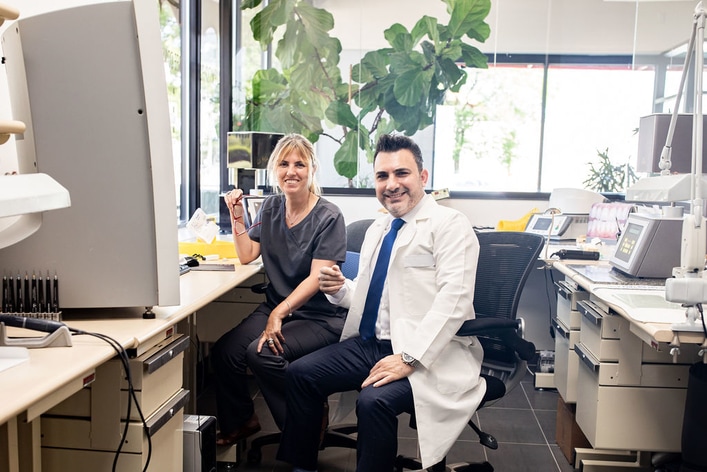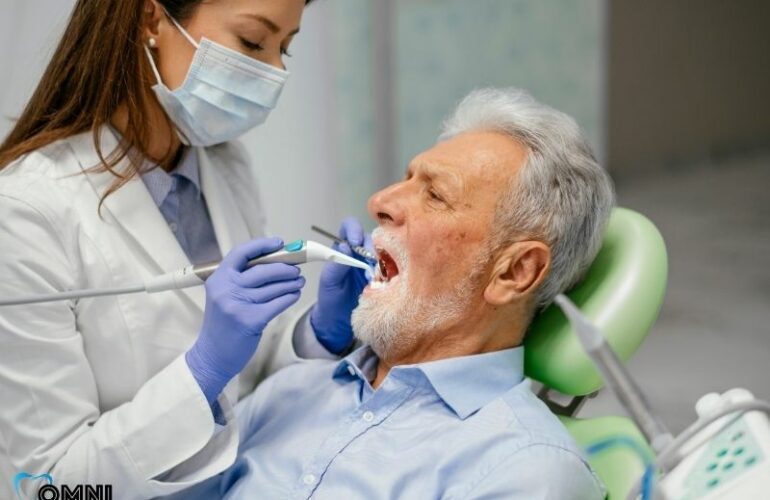Do Dental Implants Last Forever? Dental implants have become a popular option for tooth replacement in recent years. This is because dental implants offer many advantages over other forms of tooth replacement, such as dentures or bridges. Dental implants are made up of three parts: the implant itself, which is inserted into the jawbone; the abutment, which connects the implant to the replacement tooth; and the replacement tooth.
One of the main advantages of dental implants is that they can last a lifetime if cared for properly. In contrast, dentures and bridges usually need to be replaced every five to seven years. Additionally, dental implants look and feel more like natural teeth than dentures or bridges.
However, the longevity of dental implants depends on a number of factors, such as the patient’s oral hygiene habits and the health of their jawbone. For example, patients who do not brush and floss their teeth regularly are at risk for gum disease, which can damage the tissues around the implant and lead to implant failure.
Additionally, patients who have pre-existing medical conditions or diseases, such as diabetes or cancer, are also at risk for implant failure. This is because these conditions can weaken the immune system and make it more difficult for the body to heal.
Overall, dental implants are a very safe and effective way to replace missing teeth. With proper care, they can last a lifetime. If you are considering dental implants, be sure to talk to your dentist about all of the risks and benefits involved.
WHAT IS A DENTAL IMPLANT MADE OF?
Dental implants are made of titanium post, a metal that is compatible with the human body. Titanium is used in other medical devices, such as hip replacements and pacemakers because it is strong and durable yet light enough not to cause problems.
The implant itself is a small screw that is inserted into the jawbone. The abutment is a small connector piece that attaches the implant to the replacement tooth. The replacement tooth, or crown, is made of porcelain or ceramic and is custom-made to match the patient’s natural teeth.
DENTAL IMPLANTS VS. OTHER TOOTH REPLACEMENT OPTIONS
Dental implants are the preferred tooth replacement option for many patients and dentists for a number of reasons. As previously mentioned, dental implants can last a lifetime with proper care, while dentures and bridges usually need to be replaced every five to seven years.
Additionally, dental implants look and feel more like natural teeth than dentures or bridges. They also do not put a strain on the surrounding teeth, as dental bridges can. And because they are placed directly into the jawbone, dental implants do not require any special cleaning steps beyond those for natural tooth.
HOW CAN DENTAL IMPLANTS FAIL?
Dental implants are a very safe and effective way to replace missing teeth, but there are several conditions or situations that can cause an implant to fail prematurely. Patients suffering from diabetes or other pre-existing medical conditions, such as cancer, will have a higher risk of their implant failing.
As mentioned earlier, dental implants must be maintained through regular brushing and flossing as the gums and neighboring teeth are still vulnerable. Poor oral hygiene can lead to gum disease, which can also negatively impact the success of a dental implant.
Additionally, dental implants can fail if the jawbone is not strong enough to support them. This is why patients with pre-existing medical conditions or diseases that weaken the bones, such as osteoporosis, are not good candidates for dental implants.
Implants can also be rejected by the body, although this is rare. The body may see the implant as a foreign object and attempt to push it out. This usually happens within the first few months after surgery. Patients who have had previous dental implant surgery are more likely to experience implant rejection.
Finally, dental implants can be damaged by trauma to the mouth. This includes accidents or injuries that result in a blow to the jaw or face. Implants can also be damaged by clenching or grinding the teeth (bruxism). Patients who have a history of bruxism may need to be treated with a nightguard or other dental appliance to protect their implants.
DENTAL IMPLANTS IN ARLINGTON HEIGHTS IL
Dr. bilus has over 20 years of experience in dental implants. And he is one of the top dental implant dentists in Arlington Heights IL.
If you are considering dental implants or have any questions, please contact our office to schedule a consultation. We will be happy to answer your questions and help you make an informed decision about dental implants.








